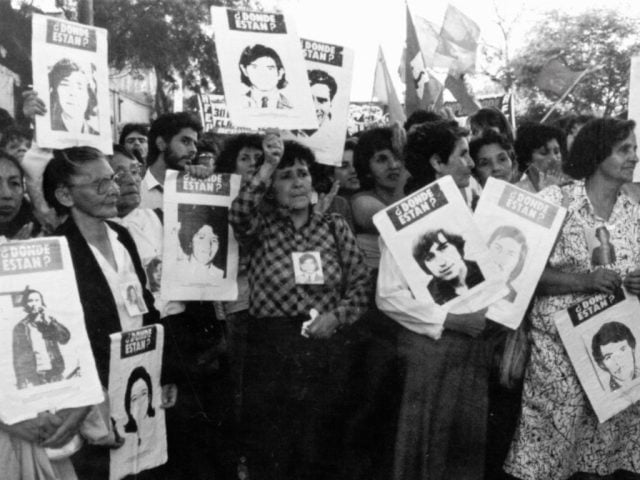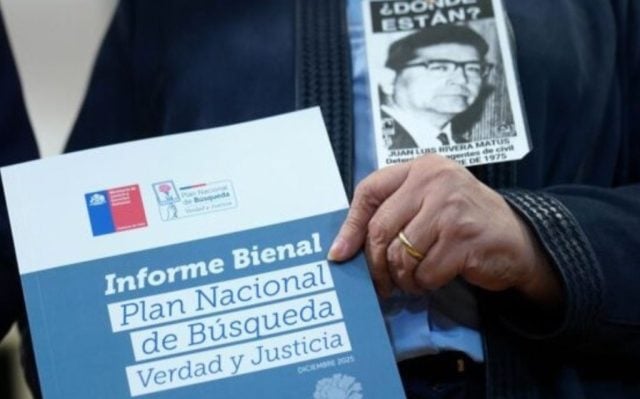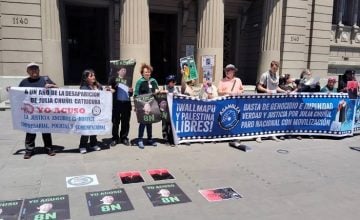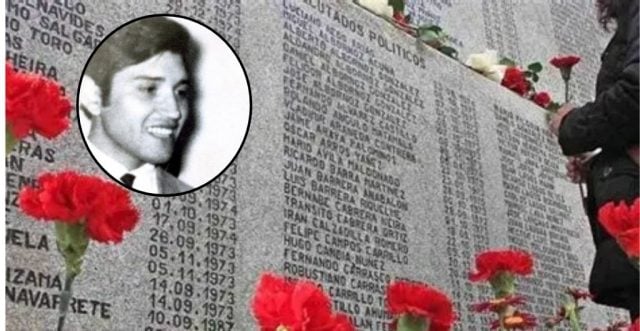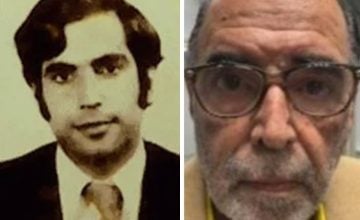Chile takes a significant step against denialism: with the enactment of the law establishing the Registry of Persons Missing Due to Forced Disappearance—a public, digital registry managed by the Civil Registry—the state officially acknowledges the victims of state terrorism (1973–1990) and provides their families with a legal tool for documentation and search efforts. The regulation was presented this Wednesday by Vice President Álvaro Elizalde and Justice Minister Jaime Gajardo as part of the National Plan for Truth and Justice.
What Changes with the Registry of Persons Missing Due to Forced Disappearance?
The law creates a public, free, and digital registry managed by the Civil Registry and Identification Service, aimed at ensuring the state officially recognizes absences due to forced disappearance, honoring the memory of victims and facilitating processes for their families. Minister Jaime Gajardo highlighted the practical and symbolic importance of this measure:
“We know they have not only suffered from the disappearance of their loved ones but that the lack of such official classification has made it difficult for them to carry out various processes for many years.”
The state secretary also emphasized the importance of this being a permanent public policy:
“This is an initiative whose relevance surpasses this government. It is a matter of state policy and as such transcends any administration. It stands above any current controversies and is grounded in an ethical value.”
How the New Registry of Persons Missing Due to Forced Disappearance Will Operate
The new law mandates the Civil Registry and Identification Service to create and maintain a Special Registry of Persons Missing Due to Forced Disappearance with the following features:
- Public and Free: Anyone can access it.
- Electronic and Digital: Access will be remote and expedited.
- Operational within Six Months: The Civil Registry has a six-month period from the law’s publication to implement it.
- Database with Official Sources: It will be built from reports from truth commissions (Rettig and Valech), other state entities, and final judicial sentences.
“Individuals will be legally recognized as missing persons due to forced disappearance based on the information contained in the reports from the Commission on Truth and Reconciliation, the National Corporation for Repair and Reconciliation, the National Commission on Political Prison and Torture, and other relevant bodies from September 11, 1973, to March 10, 1990, along with other documents,” Gajardo explained.
An Act of Reparation for Families
One of the most significant impacts of the Registry of Persons Missing Due to Forced Disappearance is its direct effect on families. Under this regulation, relatives can request free certificates that officially certify their status as “missing persons due to forced disappearance.” This act serves to honor the memory of their loved ones and acts as a crucial symbolic reparation.
Justice and Human Rights Minister Jaime Gajardo emphasized:
“It is a recognition that, unfortunately, comes late, arriving 52 years after the military coup, but it reflects the importance of acknowledging forced disappearances for our country.”
Families: Memory, Dignity, and Closure Still Needed
During the event, Alicia Lira, president of the Association of Families of Executed Politicians (AFEP), articulated the significance of the law:
“This is a reclamation for those who are not physically here but always are in the long struggle of their families.”
She also acknowledged the political decision that enabled the legislative progress:
“There is a government that, through representatives, had the political will to pass this project and turn it into law.”
“Because there cannot be a more complete democracy without truth and justice for the worst crimes committed in this country.”
State Policy and Rights-Based Approach
The National Search Plan—which this law is part of—consolidates the institutional axes of truth, justice, memory, and guarantees of non-repetition, with a gender and human rights perspective. Having the Civil Registry manage a unique public repository enhances transparency, avoids duplications, and provides certainty to families who—mostly women—have had to bear the burden of processes, denials, and silences for decades.
Why This Matters Today
In a context of denialism that downplays or attempts to conceal the crimes of the dictatorship, this law reaffirms a legal and moral truth: forced disappearance did occur, a non-prescribable crime against humanity. Establishing it as an official registry sends a clear institutional message: memory is not just a museum; it is public policy serving the people.
Original article: Golpe al negacionismo: ya es ley el Registro de Personas Ausentes por Desaparición Forzada de la dictadura
